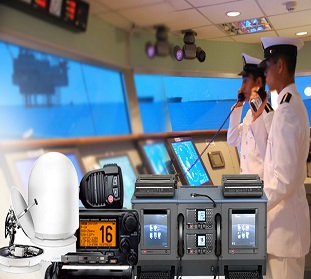GMDSS Radio Survey: A Comprehensive Guide
The Global Maritime Distress and Safety System (GMDSS) is a set of procedures, equipment, and communication protocols used to increase safety and improve rescue operations at sea. The system is mandatory for all vessels engaged in international voyages, and compliance with GMDSS regulations is strictly enforced. One of the critical components of GMDSS is the radio equipment, and ensuring that this equipment is functioning correctly is crucial. This is where GMDSS radio survey comes into the picture. In this article, we will discuss what GMDSS radio survey is, who conducts it, its requirements, and the survey procedure.


